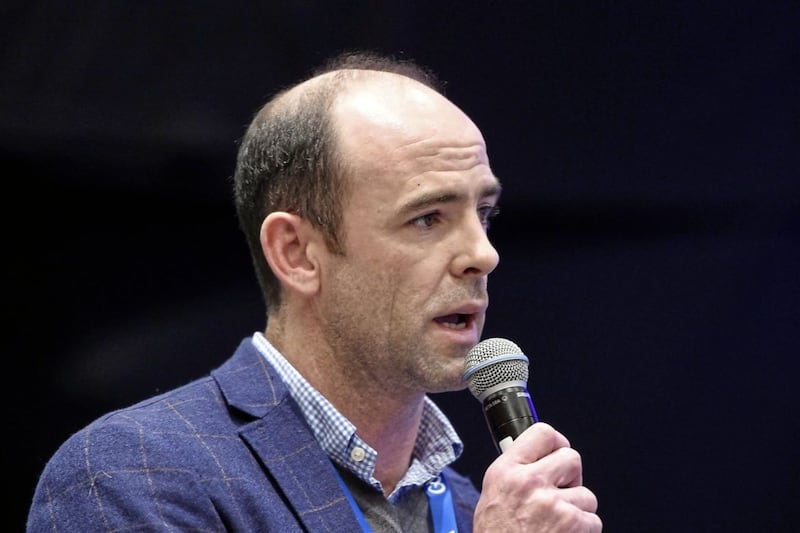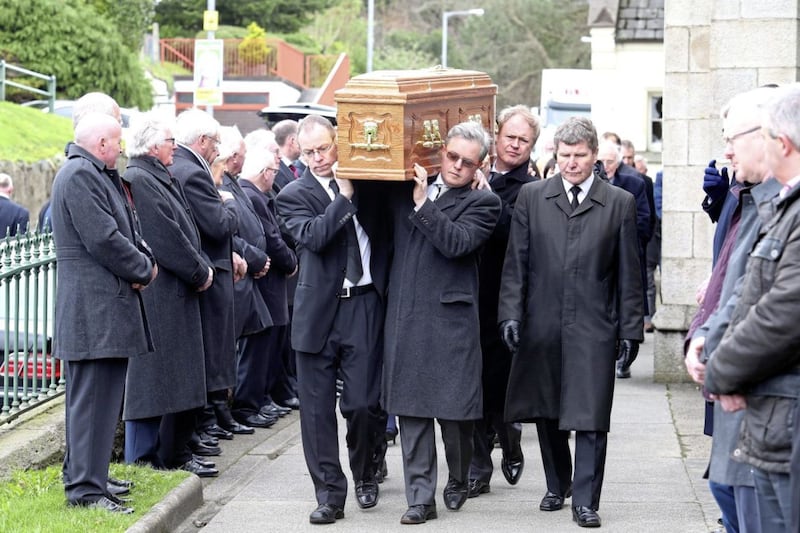AS we enter into the recovery period, and life slowly begins to resemble normality, the six further education colleges in the north are primed and ready to continue to be key talent drivers providing the experts needed to plug the skills gaps emerging across our economy.
From BTEC courses in construction, health and social care, joinery and hospitality, to Higher Level Apprenticeships in fintech, accountancy and IT, the further education sector is ensuring the next generation of workforces are well equipped with the skills and know-how to add value to their sectors and thus the wider economy.
Each year our sector, which injects £126 million annually to the local economy, supports more than 60,000 students to reach their fullest potential in whatever career path they choose.
This is achieved through dedicated courses and connections with over 9,000 employers across the country who are well-placed to offer valuable on-the-job training to our leaners and enable them to be ‘work-ready’ as well as industry leading lecturers training our students in what our employers need.
As our sector works to ensure that we are providing this key talent, the ongoing economic recovery must look to new ways of ensuring growth across Northern Ireland. With huge changes in approaches to working we can already see how more and more businesses are committed to hybrid models of working post-pandemic, meaning a shift in people from densely populated centres to more rural locations.
The further education colleges are committed to building a regionally balanced economy through providing these skilled workers in all our towns, cities and villages – however investment must be made to ensure these skills are adequately built upon.
Reviews of the education system show that post-16, more direction and investment needs to be pointed towards vocational study which offers young people options beyond academia and provides the key skills and knowledge to take up roles in many of the key economic driving sectors including manufacturing, fintech and health care.
This can be done through the thorough implementation of the long awaited 14-19 Strategy and the investment in courses that allow students to access that real life working experience which sets our learners apart and gives them those vital skills to make them the key drivers in our economy.
Work must commence to ensure young people are made aware of the array of resources, courses and qualifications on offer across the six further education colleges that will lead to fulfilling vocational careers.
There is much discussion on the perceived ‘brain drain’ of our young people who move away for university. Our solution to this issue is enhanced awareness of the local further education system and what it can offer our young learners at a fraction of the cost.
Our schools have a duty to work in partnership with local further education colleges to provide our young people with the information on options that are best suited for them. It will help set some of our younger generations on the right pathway which will be both right for them and create added value to our local economy and in turn society.
:: Leo Murphy is chief executive and principal of North West Regional College








